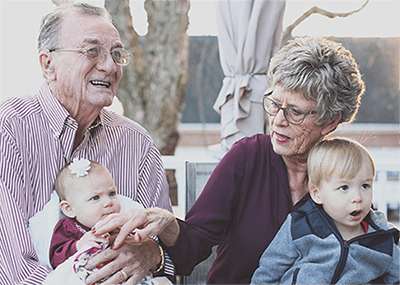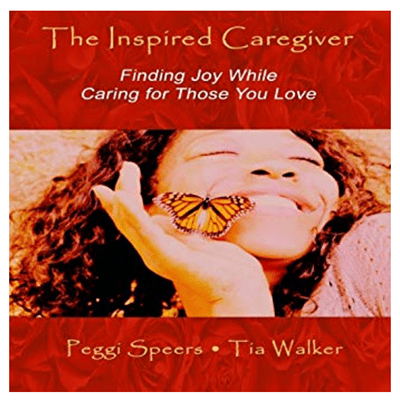Autumn colors, leaves falling, daylight savings – these are signs the season has changed from the lazy days of summer.
There are signs of changes in the caregiving season as well.

• Your aging parent is becoming more forgetful
• Your loved one is showing more fear of going out or falling down
• He or she expresses dissatisfaction or discouragement that they’ve lived this long
• They begin to rely more heavily on you as their friends move into assisted living
• They show signs of depression because many of their friends have died
When my father’s health began to decline, I often wondered if aliens had abducted him and replaced him with an old, feeble man. He’d always been robust, with a booming laugh. This guy didn’t resemble my dad at all.
One of my earliest memories of my dad is when he took my brothers and me to Disneyland. I was born the same year Disneyland opened. I couldn’t have been more than four when we went for the first time. Dad worked for General Electric, so we got passes to the GE VIP lounge in Disneyland. I’ll never forget the look of delight on Dad’s face as he watched my brothers and me stare with open-mouthed awe at the wonder of Disneyland. His smile spread from one ear to the other. He stood tall and proud as we entered the GE lounge, feeling like a big shot as we were served food and sodas. He was my hero. He was thirty-seven years old and sitting on top of the world.
Now he was hunched over his walker, feeling every moment of his eighty-eight years. His face wore the perpetual scowl of pain, his high spirits leached out from living too long in a body that betrayed him.
I wish it were true about the aliens. At least I could hope they’d return him someday.
As your life changes to accommodate the growing needs of your elderly loved one, consider the gift of having your parents still with you. Consider this:
“To care for those who once cared for us is one of the highest honors.” ― Tia Walker, The Inspired Caregiver: Finding Joy While Caring for Those You Love

You might be annoyed at the additional time your parent needs from you, but take a step back and consider how your parents must feel as they face diminished capacities. When people first start “slipping,” they are aware of the loss, and they are often terrified, scared, and saddened.
Consider how you can share in your loved ones’ losses. Talk openly with your parents. Ask them to express their fears and their needs. Meditate on this verse from 1 Peter 5:7, “Cast all your anxiety on him because he cares for you.”
It’s easy to ignore the blessings that come your way when you care for your aging parents.
This blog has been updated from the original blog in 2015.

Jane S. Daly is the author of two nonfiction books and over 13 novels.
Jane is addicted to coffee, purple pens, and her husband, not necessarily in that order. A self-proclaimed introvert, she enjoys the solitude of riding shotgun in Rigsby, her 37-foot motor home. But when they pull into a new campground, her favorite thing is to make new friends and find hangouts featuring local musicians. Her fantasy involves writing lyrics for country music songs and hearing them played on the radio. In the meantime, she’ll stick to writing novels. And seeing as much of the country as possible.
